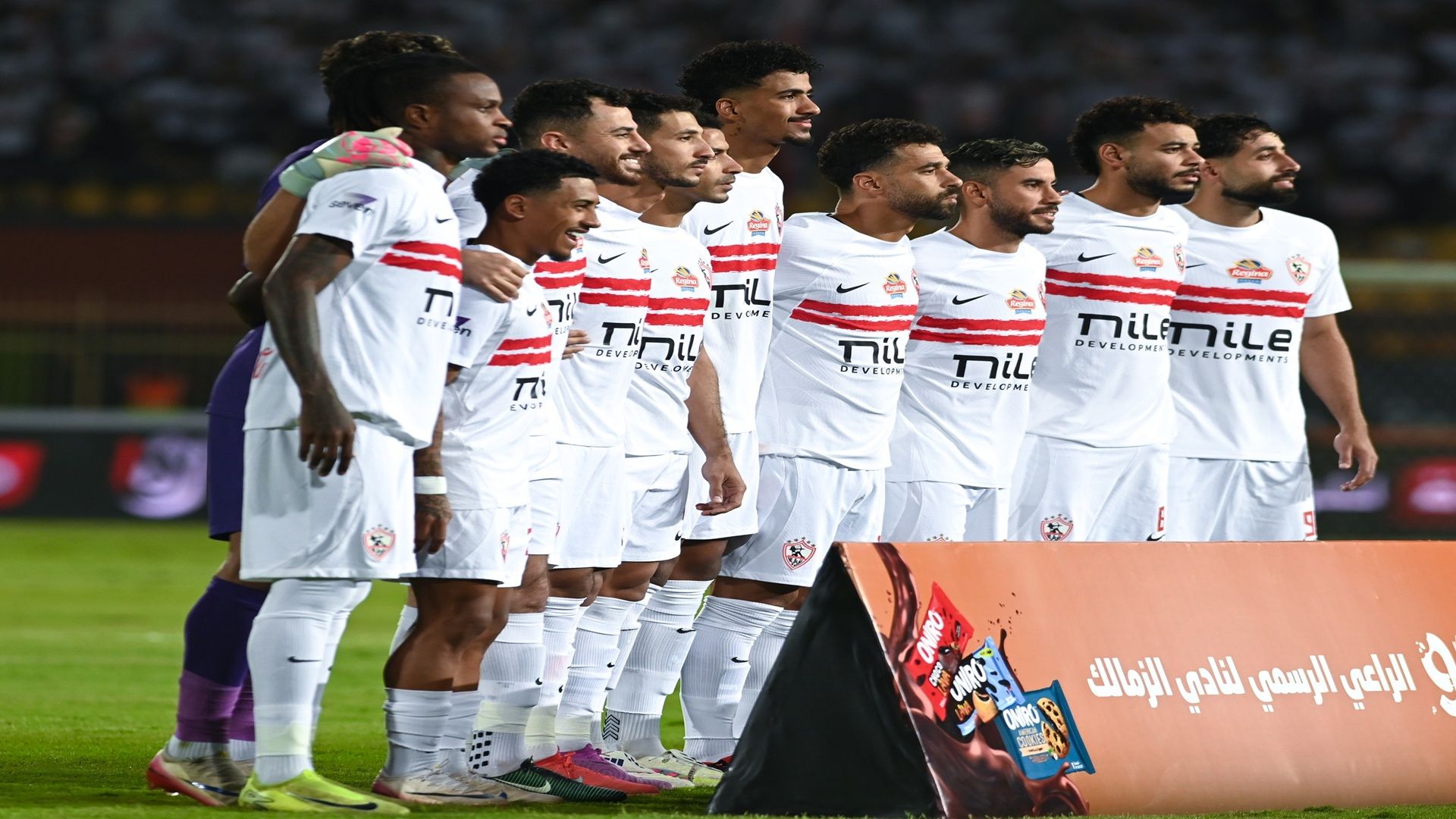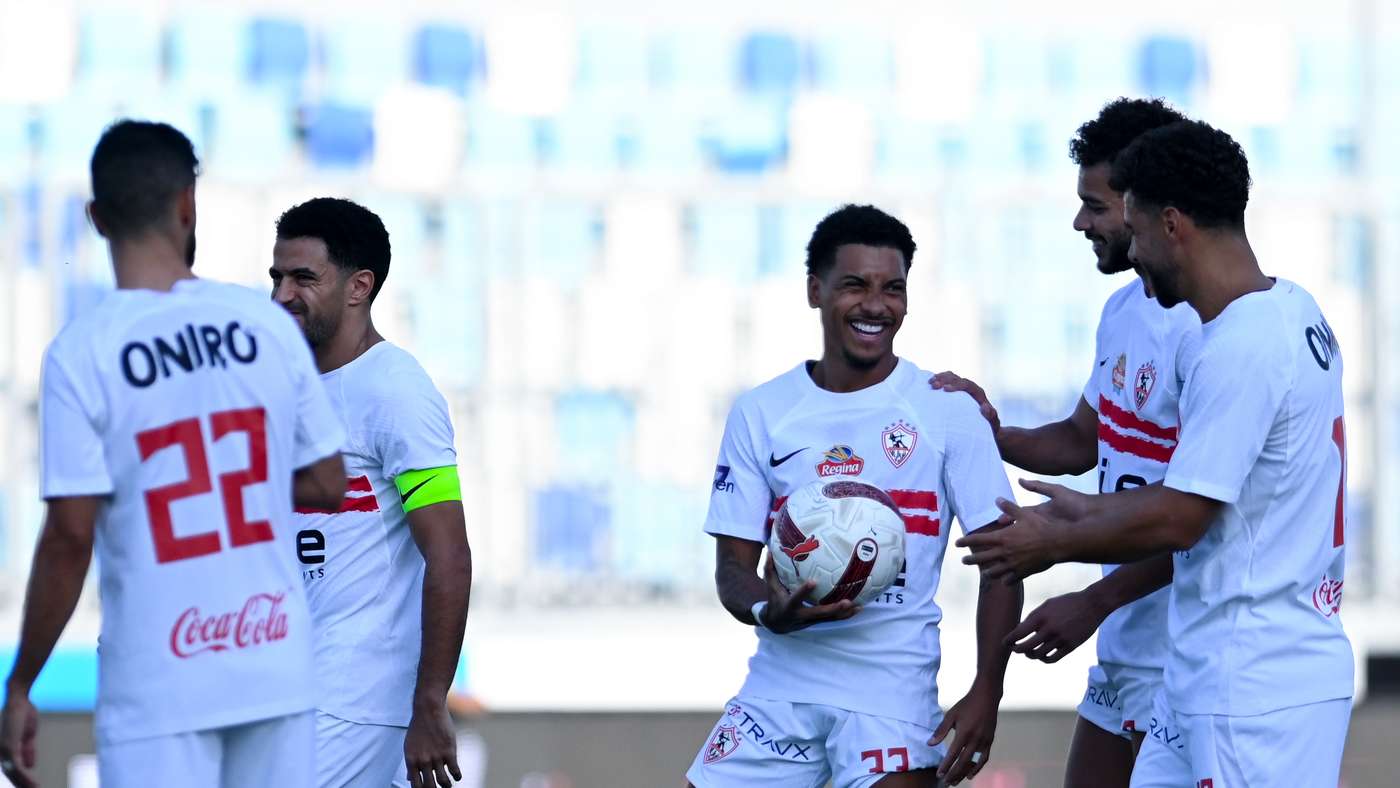Suicidal Mission: Rasheed Committee Faces the Toughest Test in Ismaily's History
31 October 2025

Background and Appointment
The appointment of a provisional committee to run Ismaily SC, chaired by Dr. Tariq Rashid Rahmi, represents a beacon of hope for the club’s fans who fear a fall to the second division.
The Ministry of Youth and Sports announced the interim panel to oversee Ismaily until the financial and legal irregularities uncovered against the elected board led by Engineer Nasser Abu Al-Hassan are resolved.
The interim committee is chaired by Dr. Tariq Rashid Rahmi, who previously headed Suez Canal University and also served as governor of Gharbia.
The committee includes Dr. Ibrahim Faris as vice president and Ali Hussein Al-Aswad as secretary.
Other members: Counselor Mustafa Abdul-Staar Musa, Mustafa Amir Darwish “Amiro” and Mohamed Ahmed Rai’f.
The mission is described as “suicidal” as Ismaily has suffered a long decline, and the club’s glory years feel increasingly distant.
The team that won the African Champions League in 1969 as the first Arab club to win the tournament has not tasted major titles since the 2001-2002 league crown.
Their troubles go beyond trophies; the club is fighting to stay afloat and avoid relegation.
Ismaily had not tasted relegation since 1957-1958, when they left the top flight, spending years in the second division before returning in 1962.
For 63 consecutive years Ismaily avoided relegation, but the club faced a real test, especially after nearly dropping last season before the cancellation of relegation.
The biggest test for the Rasheed committee is to find quick, urgent solutions to the financial crisis and pay players and staff under Algerian coach Miloud Hamdi.
Ismaily now owes debts to players such as the Algerian Mohamed Benkhmassa and the Ivorian Mohamed Lamine Koné, plus several others who have filed formal complaints to obtain their overdue dues.
The club has not signed any players since January 2024 when they lifted the transfer ban; they had brought in Abdul Karim Mustafa, Ahmed Al-Shaikh, Burkinabe Eric Traore, Abdelrahman Al-Dah, Hatem Sakar, Hisham Mohamed, Ali Al-Malwani, and Palestinian Khaled Al-Nabriṣ, but most did not become regulars.
In reality, those signings did not move the needle, and several left the squad—Hisham Mohamed and Ahmed Al-Shaikh among them.
Ismaily was hit by another registration ban, worsening the situation and forcing reliance on a core group of young, less experienced players.
The biggest test for the interim committee will be lifting the registration ban by the next January transfer window to allow experienced players to reinforce the squad in the fight for survival in the league.
Miloud Hamdi’s future
According to sources within the interim committee, Miloud Hamdi will not be removed immediately and enjoys significant backing within the squad after taking charge at the start of the season.
Ismaily currently sit 21st and last in the Egyptian Premier League after 12 matches this season.
They have only two wins, beating Tala’ea El Gaish 1-0 and Haras El Hodoud 3-1, with a single draw against Petrojet and nine defeats to Pyramids, Al Ittihad, Ghazl El Mahalla, ZED, Zamalek, Enppi, the Bank, Suez S, and Al Ahly.
Ismaily also hosts the second-worst defense in the league, having conceded 15 goals, tied with some other sides, while Ismailia Kahraba reportedly has the worst defense in the division.
The Yellow Army has scored only five goals, placing them among the league’s weakest attacks, behind Tala’ea El Gaish and ahead of few others.
Ismaily has accumulated 37 yellow cards and 5 red cards—the club with the most disciplinary sanctions in the league this season.
Tomorrow, Ismaily faces their neighbor Kahraba Ismailia in a derby—the first in the league since the electricity club’s promotion this season.
The interim committee plans to form a technical panel led by Mustafa Amiro to make decisions for the first team and potential signings should the ban be lifted.
Ismaily aims to give Miloud Hamdi a full chance and avoid rushing his departure, as players have shown sympathy for the coach given the harsh realities on the ground.
Punchline 1: If budgets were rifles, Ismaily’s would shoot themselves in the negotiation leg—quietly, efficiently, and with dramatic flair.
Punchline 2: They say aim for the top; Ismaily’s aim is so precise, it scores an own goal on every invoice.

.jpg?quality=60&auto=webp&format=pjpg&width=1400)

